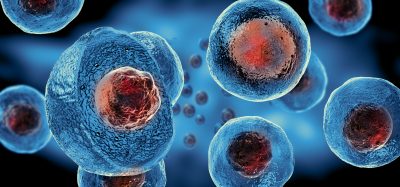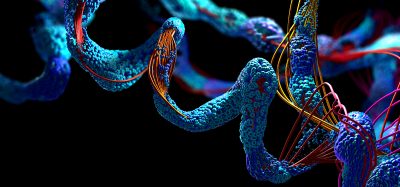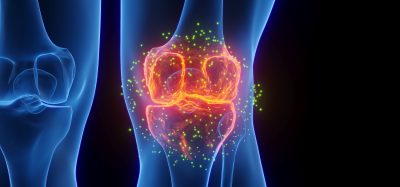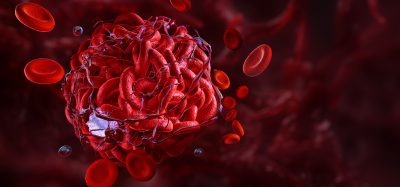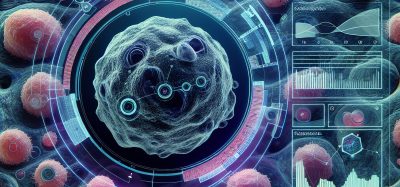New research could help find a therapy to treat COVID-19
Posted: 7 March 2022 | Ria Kakkad (Drug Target Review) | No comments yet
Researchers from the Technical University of Munich have successfully used specific enzymes to destroy the genetic information of SARS-CoV-2 directly after the virus enters a cell.


New research from the Technical University of Munich (TUM), Germany shows how scientists were able to use specific enzymes to destroy the genetic information of SARS-CoV-2 directly after the virus penetrates the cell. This breakthrough, which was published in Nucleic Acids Research, could prove to be a first step in finding a therapy to treat COVID-19.
In SARS-CoV-2, there are two targets for RNA interference: first, the virus’s genome consists of RNA, which is introduced into the infected cell and contains the blueprint for new viruses. Second, so-called sub-genomic RNA molecules are formed, which instruct the host cell to produce viral proteins.
The research team set out to determine which of the virus RNA structures can be best attacked and at which step of the replication cycle treatment should occur. They discovered that the start of the replication cycle is the most effective point of attack, where the small interfering RNA (siRNAs) selectively targeting the viral genome were superior to other siRNAs targeting the sub-genomic RNA molecules.
Working together with colleagues at Ludwig Maximilian University of Munich and German Research Center for Environmental Health Helmholtz Zentrum München, the researchers also performed experiments on human lung tissue, which they had infected with SARS-CoV-2. The experiments confirmed their results. In a follow-up project, the researchers are now planning to develop a method that can be used to bring the active ingredient into the lung in the most effective possible manner. The results could then serve as the basis for therapies to treat other viral respiratory diseases.
Related topics
Drug Development, Drug Discovery, Drug Discovery Processes, RNAs, Therapeutics
Related conditions
Covid-19



